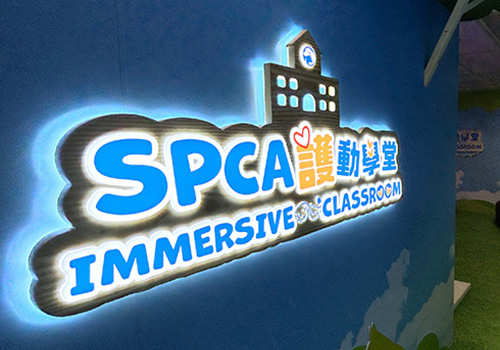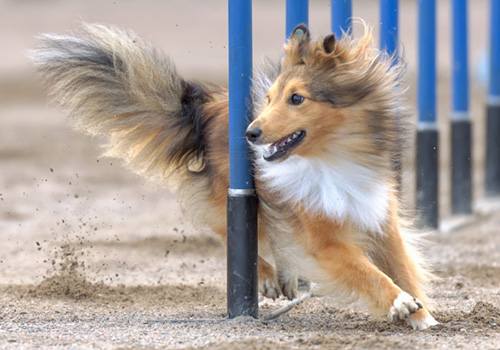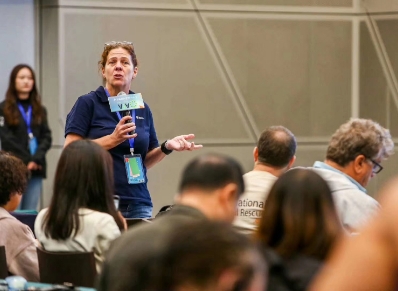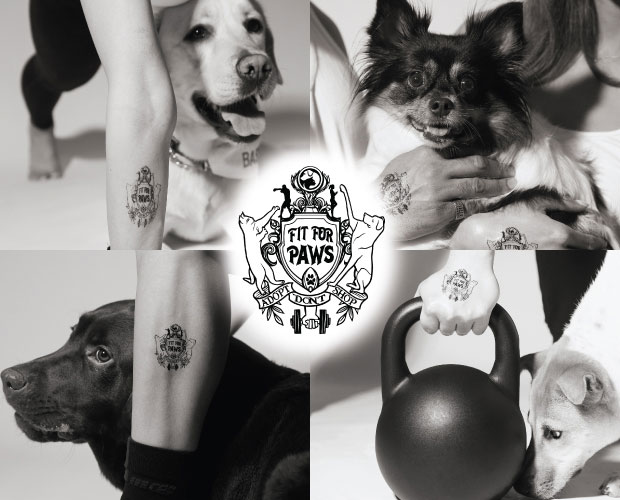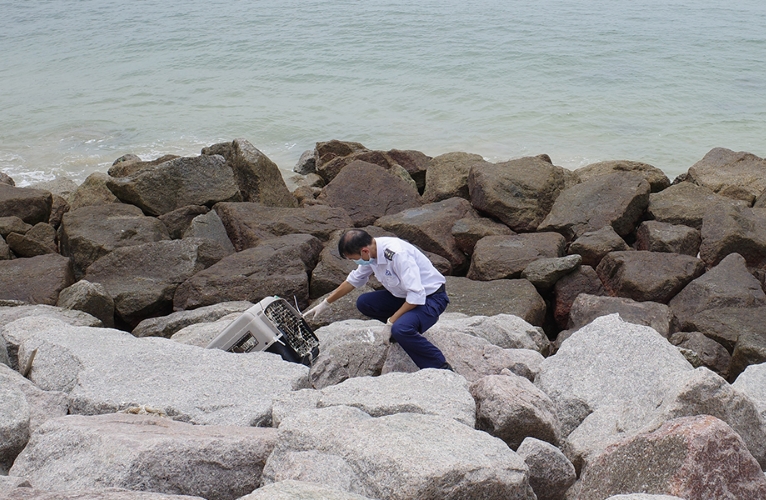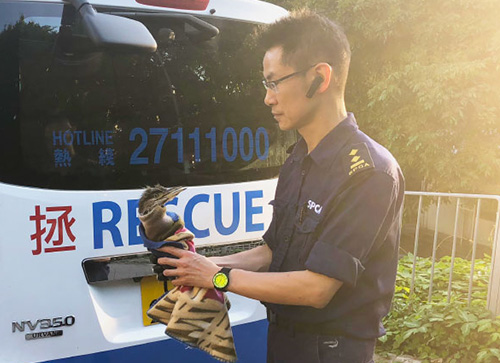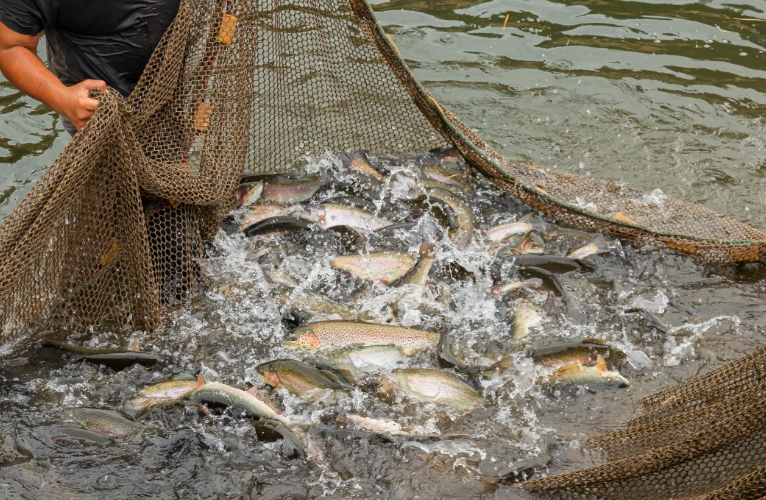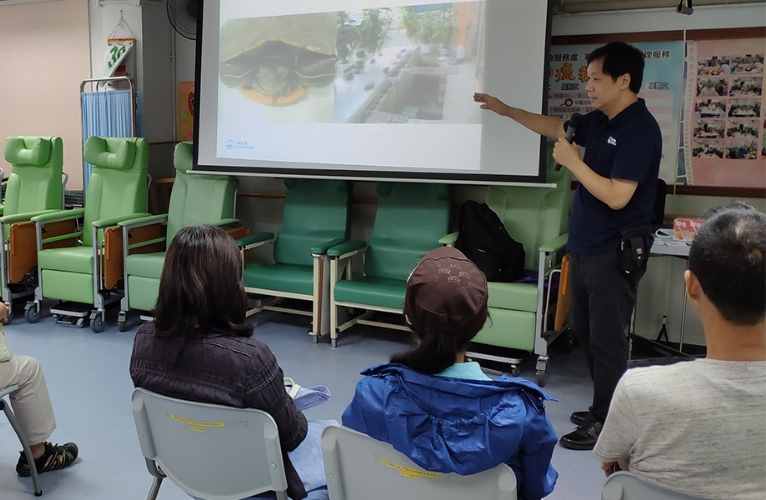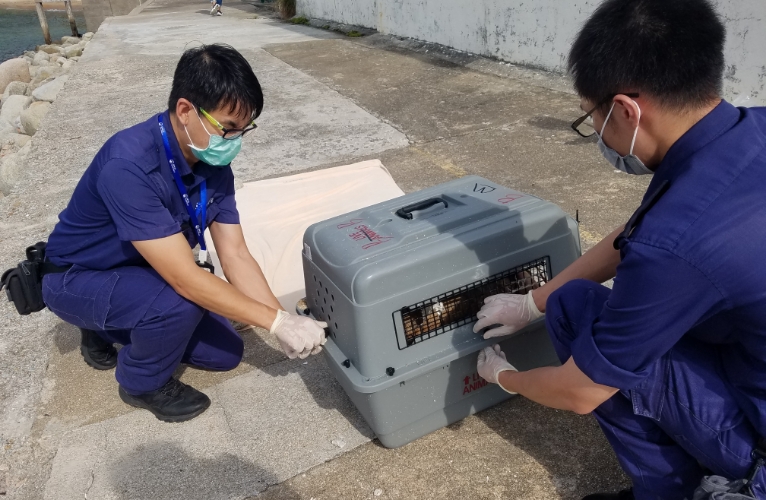Investigating Cruelty
Our Inspectorate team is dedicated to protecting the welfare of animals and is best known for its work with Hong Kong law enforcement agencies to protect them against cruelty.
Our 24-hour hotline receives over 20,000 calls every year from members of the public. Together with e-mails, letters and media reports, over 700 requests for investigation of suspected animal cruelty are received, meaning our team is on call 24 hours a day, 365 days a year.
These requests include reports of suspected animal cruelty or inappropriate treatment of animals. The overwhelming majority of animal cruelty cases our Inspectorate encounters are a result of ignorance, neglect and apathy, rather than violence.
SPCA inspectors are Trained Animal Rescue Professionals
SPCA inspectors need to undergo various professional trainings to perform rescue work at height or in a dangerous location. These trainings include dismantling animal traps, abseiling, basic veterinary knowledge, understanding of wildlife animals, and animal cruelty-related laws and regulations.
In 2023 / 2024
calls were made to the SPCA 24-hour animal rescue hotline requesting assistance or information.
animals were rescued or handled by the Inspectorate Department. With the support of the SPCA, these animals reunited with their owners or started a new life with their adoptive families.
animal cruelty and animal trading investigations were effectively carried out to prevent animal suffering.
Investigating Cruelty
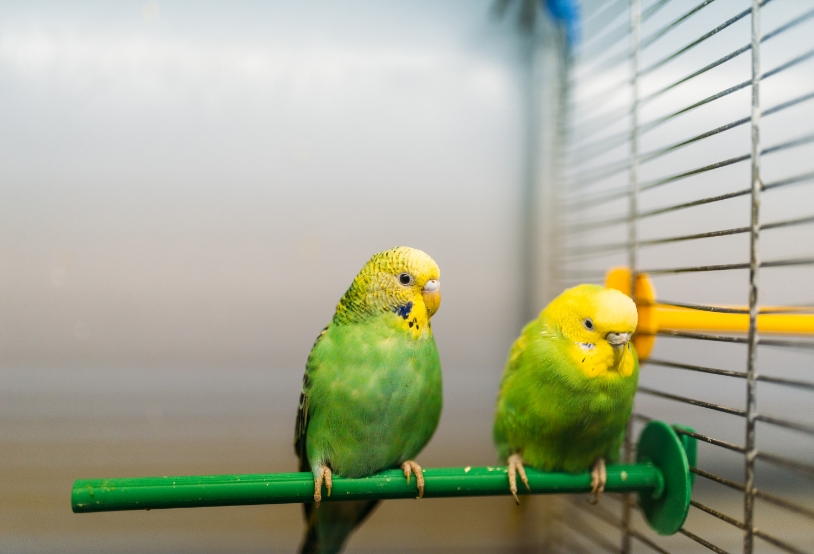
The Inspectorate handles two distinct types of investigations. The first is pro-active investigations where our team routinely visits pet shops, markets and animal shelters, as well as any other establishments that keeps animals. The goal is to ensure that minimum standards of welfare are maintained and offer advice to improve the animals’ welfare. The team also follow up on information the SPCA receives through social media, newspapers and the wider internet.
The second type of investigation is sparked by members of the public who contact us via our hotline, emails and letters.
While there are many acts that affect animals and which many people would find cruel or inhumane, we have to examine each based on Hong Kong’s statues and laws. We do that using two measures:
- The Five Freedoms to gauge the level of animal welfare involved; and
- The Prevention of Cruelty to Animals Ordinance Cap 169 and Regulations Cap 169A to decide if an offence has been committed.
Based on these, we determine one of four courses of action:
- No action at all;
- Informal advice to the parties concerned;
- Issue a warning; or
- A legal intervention.
For every case where animal welfare is compromised but no law is broken, inspectors work hard to improve animal welfare through persuasion, warnings and education. The goal of every investigation is to bring about a positive improvement in animal welfare as quickly as possible.
When no law has been broken but animal welfare can be improved, our inspectors will provide advice to the parties concerned. Often, these are pet owners who are ignorant of their animals needs but are very willing to listen and comply with the advice.
For example, our inspectors found a dog in a cage just large enough for it to stand up and turn around in all directions. This does not contravene the law but is not good for the animal. The owner was advised to provide the dog with a larger cage or not cage the animal at all. The owner was also encouraged to take the dog out for exercise more often.
Whenever advice is offered, our inspectors follow up.
When our inspectors find animal welfare that is on the borderline of breaking the law, a warning will be issued.
As an example, our inspectors found a dog that appeared to be in normal condition apart from a wound that had resulted from an accident. The owner was applying a cream obtained from a friend rather than taking the animal to be seen by a vet. This resulted in a warning that he could be liable to an offence under the Prevention of Cruelty to Animals Ordinance if there was evidence to show that the dog had suffered unnecessarily as a result of his actions.
All warnings given are subject to follow up inspections until the owner can demonstrate sustained improvement in the animal’s welfare.
Every year, the Inspectorate deals with cases of animal cruelty and severe neglect that result in prosecution. Animal cruelty, as defined under The Prevention of Cruelty to Animals ordinance Cap. 169, carries a maximum penalty of three years’ imprisonment and a HKD 200,000 fine.
Our specially-trained investigation team works with the police, AFCD and our partners in in the Animal Watch Scheme to present strong cases against animal cruelty offenders.
Animal rescue services provided by the SPCA are free of charge and round the clock.
If a distressed animal needs our help,
call ![]() 2711 1000 and we will be there.
2711 1000 and we will be there.
Inspectorate
Investigating Cruelty
Our Inspectorate team is dedicated to protecting the welfare of animals and is best known for its work with Hong Kong law enforcement agencies to protect them against cruelty.
Inspector Fund
In 2022-2023, the SPCA rescued 4,658 injured or trapped animals, and the 24-hour animal rescue hotline received 22,274 calls for help or inquiries.
Animal Watch Scheme
As a way to combat animal cruelty more effectively, the Hong Kong Police set up the Animal Watch Scheme to formalise the working relationship between the Police, SPCA and the Agriculture, Fisheries and Conservation Department (AFCD).
What is animal welfare?
In Hong Kong, the key animal welfare law is Cap.169 – the Prevention of Cruelty to Animals Ordinance – and the regulations provided under Cap.169A. These define cruelty as the action or inaction of a person (or persons) that causes ...
Your role in combatting cruelty
The SPCA operates a 24-hour confidential hotline for members of the public to report animal cruelty and this plays a major part in helping us protect animals in Hong Kong. If you suspect animal cruelty is being committed, here are some signs ...
Preventing Dog Poisonings
For three decades, the Bowen Road and Black's Link areas have become synonymous with a suspected dog poisoner. In the early 1990s, dogs were found poisoned almost every month having ingested bait left in the grass verges and more ...
Inspectors in the Community
Our Inspectorate team believes that education can play a major part in reducing animal cruelty so they spend time in the community on a number of programs ...
Inspectorate organisation
Our 22 fulltime employees are organised into three core teams, overseen by the Superintendent who reports to the Deputy Director, Inspectorate ...

